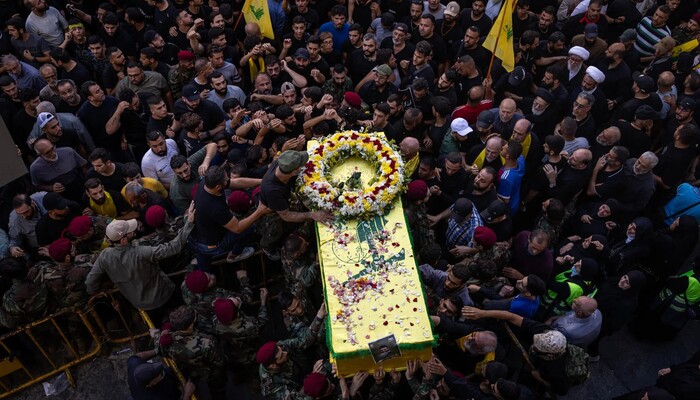At 3:30 p.m. on Tuesday, a series of beeps alerted Hezbollah operatives in Lebanon to what they thought was a message from their leadership. However, the message wasn’t from their leaders. Within seconds, explosions erupted across the country, causing chaos in streets, shops, and homes. The blasts were caused by small explosive compounds hidden in pagers.
Witnesses reported seeing men thrown off motorcycles and people on the ground in agony as smoke rose from their pockets. Mohammed Awada, who was driving by, described the horrifying scene. “My son started screaming when he saw a man’s hand fly away,” he said.
By the end of the day, at least a dozen people were dead, and over 2,700 were injured. The next day, the explosions continued, this time with walkie-talkies, killing 20 more people, including four children. Many of the victims were Hezbollah members, but civilians were also affected.
Read: LinkedIn Faces Backlash Over Use of User Data to Train AI
While Israel has not confirmed or denied involvement, 12 current and former defense officials told The New York Times that Israel was behind the attack. They described the operation as carefully planned and in development for a long time.
The booby-trapped pagers and walkie-talkies are part of the long-standing conflict between Israel and Hezbollah. The tension has only escalated since the war in Gaza. Hezbollah’s leader, Hassan Nasrallah, had been promoting the use of pagers instead of cellphones, fearing that Israeli intelligence could track them using cellphone networks.
Nasrallah, in a televised address earlier this year, told his followers, “The phone in your hands is the agent.” He urged them to abandon cellphones and use pagers, which are harder to trace. As a result, Hezbollah began distributing thousands of pagers to its operatives.
Israel saw this as an opportunity. Israeli intelligence set up a shell company to manufacture the pagers, which were laced with explosives. The pagers were shipped to Lebanon starting in 2022, and Hezbollah members unknowingly began using them. Israeli officials referred to these pagers as “buttons” that could be triggered at any moment.
On Tuesday, Israel activated the plan. The pagers beeped and displayed a message in Arabic, making it seem like the instructions were coming from Hezbollah’s leadership. Moments later, explosions rocked Lebanon.
In the aftermath, ambulances struggled to navigate the crowded streets, and hospitals were overwhelmed with the injured. Hezbollah confirmed that at least eight of its fighters were killed, but the death toll included many civilians as well.
One of the victims was 9-year-old Fatima Abdullah. She had just returned home from her first day of school when her father’s pager began to beep. She picked it up, and it exploded in her hands, killing her instantly.
On Wednesday, as thousands gathered for funerals in Beirut, another explosion struck. The crowd panicked, fearing their phones would explode next. People rushed to remove the batteries from their phones, and a voice on a loudspeaker urged everyone to turn off their devices.
Lebanon now faces a chilling reality. In a country where communication devices are essential, they have become instruments of death.
Follow us on Google News, Instagram, YouTube, Facebook, Whats App, and TikTok for latest updates
